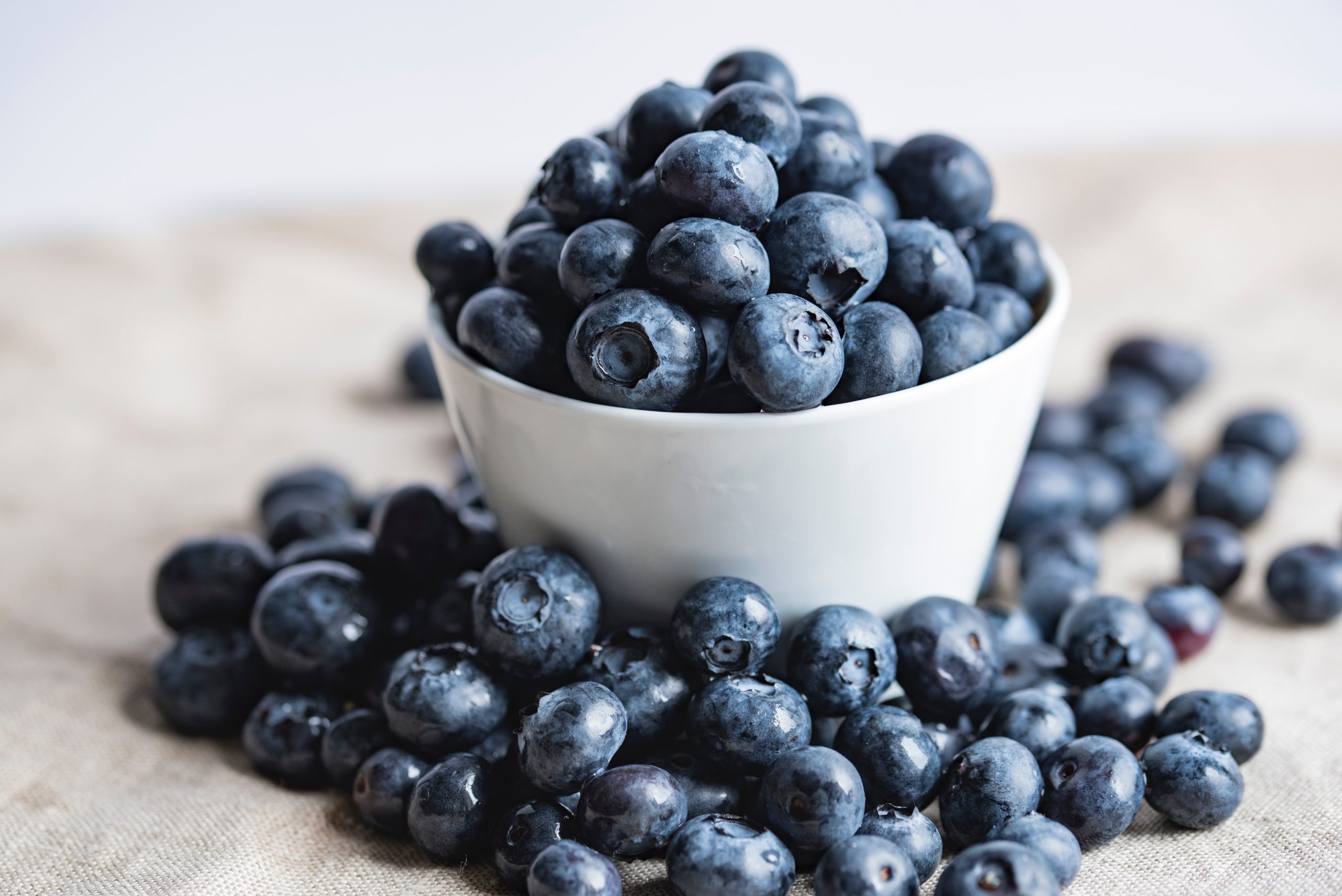Polyphenols in the foods that we eat can prevent inflammation in older people since they alter the intestinal microbiota and induce the production of the indole 3-propionic acid (IPA), a metabolite derived from the degradation of tryptophan due to intestinal bacteria. This is stated in a study published in the journal Molecular Nutrition and Food Research, carried out by the Research Group on Biomarkers and Nutritional & Food Metabolomics of the Faculty of Pharmacy and Food Sciences of the University of Barcelona and the CIBER on Fragility and Healthy Ageing (CIBERFES).
Polyphenols and healthy aging
Polyphenols are natural compounds, considered probiotics, which we eat mainly through fruits and vegetables. Several dietary polyphenols have well-known antioxidant and anti-inflammatory properties, as well as the ability to interact with bacteria present in the human gut and to produce postbiotics (such as IPA), which increases their positive effects on health.
There is increasing evidence that confirms that the regular consumption of polyphenols in the diet can contribute to healthy aging, especially if they are part of a healthy diet, such as the Mediterranean one, and are associated with a healthy lifestyle, that is, one including regular physical activity and excluding tobacco and alcohol, for instance.
The study shows the interaction between polyphenols and gut microbiota can induce the proliferation of bacteria with the ability to synthesize beneficial metabolites, such as IPA, a postbiotic with antioxidant, anti-inflammatory, and neuroprotective properties that contribute to improving the health of the intestinal wall. Therefore, this compound would contribute to the prevention of some diseases associated with aging.
“If we consider the beneficial effects of IPA on the gut microbiota and health in general, it is important to find reliable strategies to promote the production of this metabolite”, notes the co-first signatory of the study, Tomás Meroño, from the Department of Nutrition, Food Sciences and Gastronomy of the UB and CIBERFES.
As part of the study, the researchers carried out a multi-omic analysis to monitor the IPA levels in the serum, apart from analyzing the composition of the gut microbiota on fecal samples of fifty-one volunteers aged over sixty-five who kept following a diet rich in polyphenols (green tea, bitter chocolate, fruits including apples, pomegranate, and blueberries) for eight weeks.
Read full article here from WorldHealth.net.
